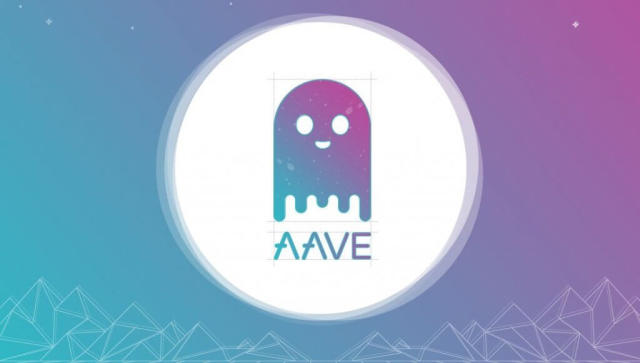Aave, a leading decentralized lending platform, is contemplating the introduction of a ‘fee switch’ mechanism aimed at distributing fees to Aave token holders. This strategic move, revealed by Aave Chan Initiative founder Marc Zeller on X, marks a significant potential shift in the platform’s fee structure to enhance its decentralized finance (DeFi) ecosystem.
The Proposal in Focus
Zeller’s announcement highlights a temperature check for activating the ‘fee switch’ in the upcoming week, following an acknowledgment of Aave Decentralized Autonomous Organization (DAO)’s annual net profits of approximately $60 million. This amount represents five years of operational costs, showcasing the platform’s financial health and sustainability.
Aave operates across multiple blockchain networks, offering users the ability to borrow funds using one cryptocurrency as collateral for another. The platform’s governance is in the hands of Aave token holders, collectively forming the AaveDAO, which plays a pivotal role in decision-making processes, including fee-related policies.
Toward a New Fee Distribution Model
The discussion around implementing a fee switch introduces the possibility of redistributing transaction fees to stakeholders within the Aave ecosystem. Such a mechanism would not only provide additional incentives for token holders but also align with broader objectives of maintaining the platform’s competitiveness and stability. The fee switch concept aligns with adjustments to staking fees and other financial strategies aimed at supporting Aave’s stablecoin, GHO, and ensuring its peg.
Comparisons and Industry Trends
Should AaveDAO decide to activate the fee switch, it would follow in the footsteps of other DeFi platforms like Frax Finance, which recently approved a proposal to reintroduce its fee switch. This trend underscores a growing interest in DeFi protocols exploring innovative revenue-sharing models to benefit their communities.
Ongoing Governance Discussions
The proposal comes amid other significant discussions within AaveDAO, including the adjustment of Dai (DAI) collateral restrictions. With risk management advisors from Chaos Labs suggesting a 12% decrease in DAI’s loan-to-value ratios, contrary to Zeller’s more conservative 75% reduction proposal, Aave faces critical governance decisions that will shape its future operations and market positioning.
Implications and Outlook
The potential activation of a fee switch at Aave represents a pivotal moment for the platform and its community, promising enhanced rewards for stakeholders and reinforcing Aave’s commitment to innovation and governance in the DeFi space. As the platform continues to evolve, these strategic decisions will be instrumental in navigating the complexities of the decentralized lending market and fostering a robust, sustainable ecosystem for all participants.
